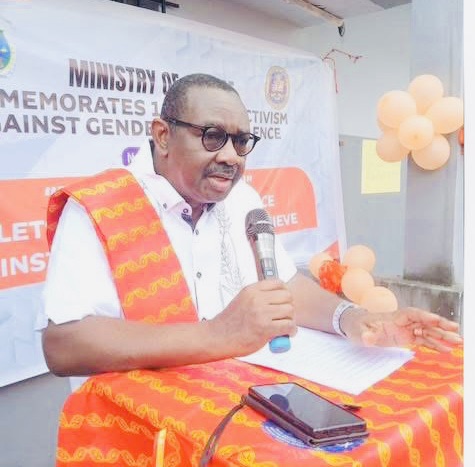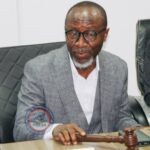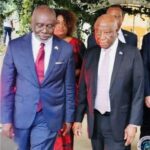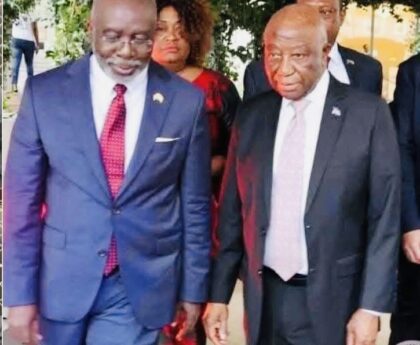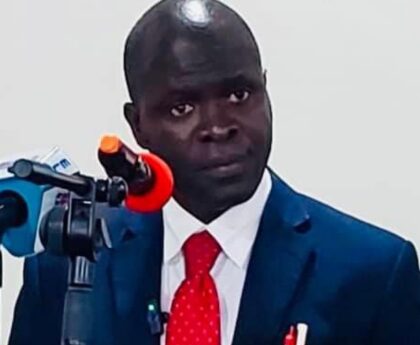Cllr. N. Oswald Tweh
Minister of Justice/Attorney General, Republic of Liberia
In response to the request for a legal opinion on the implications of the Supreme Court’s December 6, 2024, ruling in the case “In re The Constitutionality of Several Actions Taken by Certain Members of the House of Representatives”, I provide an analysis of the Court’s judgment, its impact on legislative operations, and guidance on the ongoing budgetary process.
Background and Context
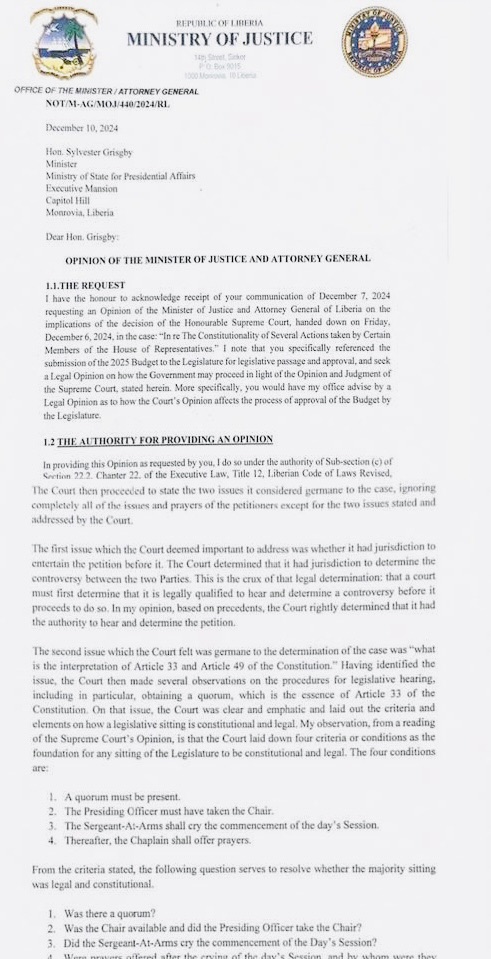
The case arose from controversies in the House of Representatives surrounding Speaker J. Fonati Koffa. A majority of representatives accused the Speaker of corruption and conflict of interest and demanded his resignation. Following his refusal, the majority boycotted sessions presided over by the Speaker, resulting in a lack of quorum for over 15 consecutive sittings.
To address the legislative stalemate, the majority convened sessions without the Speaker, conducted House business, and made decisions, including actions on the 2025 Draft National Budget. This led the Speaker and minority representatives to petition the Supreme Court, citing alleged violations of Articles 20 and 49 of the Constitution and the House Rules.
Key Issues Before the Court
The Supreme Court focused on two central issues:
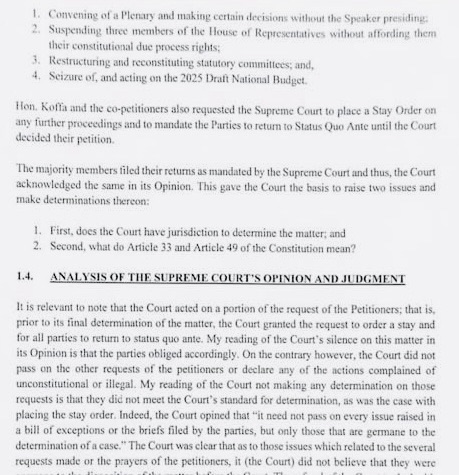
1. Jurisdiction: Whether the Court had authority to adjudicate the matter.
2. Interpretation of Articles 33 and 49 of the Constitution: Specifically, the conditions under which the House of Representatives can legally convene and conduct business.
The Court refrained from addressing other requests, such as declaring specific actions unconstitutional, citing their irrelevance to resolving the case.
Analysis of the Court’s Opinion
1. Jurisdiction
The Supreme Court affirmed its jurisdiction to hear the matter, consistent with its role in constitutional interpretation and dispute resolution.
2. Constitutional Requirements for Legislative Sessions
The Court underscored four essential criteria for a valid legislative session:
• Quorum: A simple majority of members must be present.
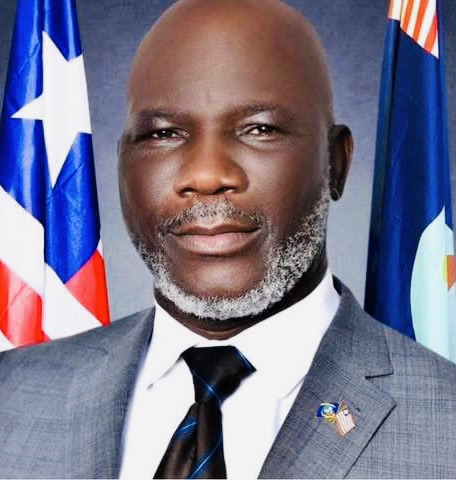
• Presiding Officer: The session must be chaired by the Speaker or, in their absence, the Deputy Speaker.
• Session Commencement: The Sergeant-at-Arms must officially announce the start of proceedings.
• Prayer: The Chaplain must offer prayers to commence the session.
The Court determined that the majority met these conditions, making their sessions legal and constitutional. The absence of the Speaker does not invalidate proceedings if the Deputy Speaker presides over a quorum of members.
Legal Opinion on the Budgetary Process
The Supreme Court’s decision establishes that the majority can legally conduct legislative business, including deliberations on the 2025 Draft National Budget, provided they adhere to constitutional and procedural requirements.
Key Considerations:
• Quorum and Leadership: The presence of a quorum and the Deputy Speaker’s leadership fulfill legal criteria for conducting budget discussions.
• Venue Flexibility: The Constitution does not restrict legislative meetings to a specific location, ensuring sessions can proceed as needed.
• Practical Governance: Preventing a quorum from convening solely due to the Speaker’s absence would paralyze legislative functions, contrary to the framers’ intent.
Conclusion
Based on the Supreme Court’s interpretation, the majority members’ sessions and decisions are constitutional, legal, and valid, including actions on the 2025 Budget. The legislative process can proceed without impediment, provided adherence to constitutional and procedural standards.
This opinion is guided by constitutional principles, the Supreme Court’s judgment, and established rules of the House of Representatives.

